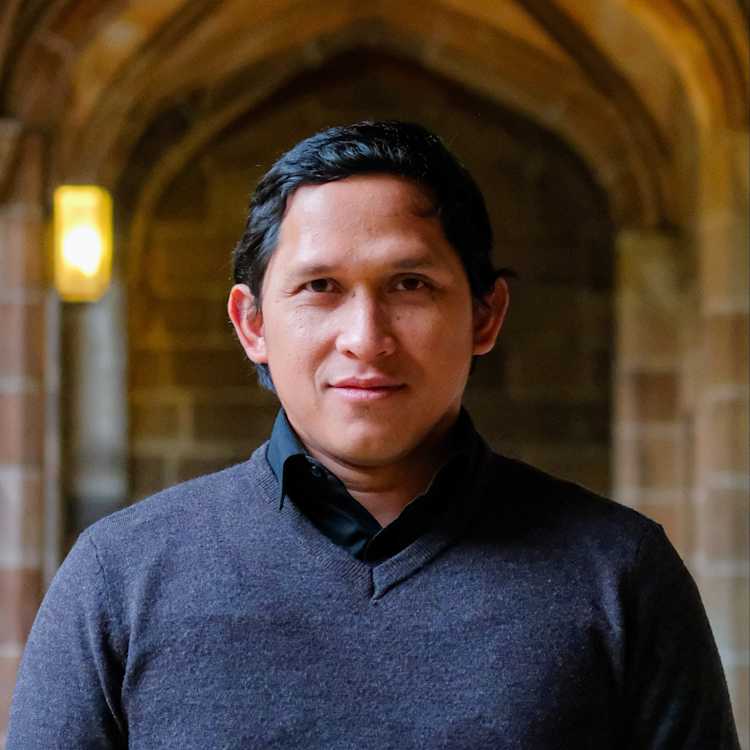- Startseite
- Forschung & Transfer
- Forschungsprojekte
- Leftist Politics in Democratising Indonesia
Leftist Politics in Democratising Indonesia
My project addresses the question of why the leftist element of civil society in Indonesia remains marginalised despite over two decades of democratisation that have ostensibly created a more open political landscape. It investigates the factors that hinder their consolidation, both related to organisational capacity and the socio-political structures. Specifically, it analyses the extent to which Indonesia’s recent democratic decline correlates with the continued absence of an organised left.
AvH, 2025-2027
Forschungsfragen
Why has the leftist element of civil society in Indonesia remained marginalised despite over two decades of democratisation that have ostensibly created a more open political landscape?
Beitrag zu internationaler Forschung
The project contributes to the study of civil society and democratisation.
Forschungsdesign und Methoden
The project employs a political economy approach to understand organisational and structural factors that impede the consolidation of leftist elements of civil society in strengthening Indonesian democracy. Qualitative data will be collected by using in-depth interviews and document analysis, focusing on self-identified left-wing organisations and their dynamic relationship with other elements of civil society.
Vorläufige Ergebnisse
The legacies of the 1965 communist massacres in Indonesia have significantly weakened the organisational capacity of leftist elements of civil society, leading to persistent fragmentation and internal conflicts. This has given rise to liberal middle-class reformism, which exhibits limitations in its capacity to effectively confront anti-democratic forces, contributing to an observable democratic decline.


